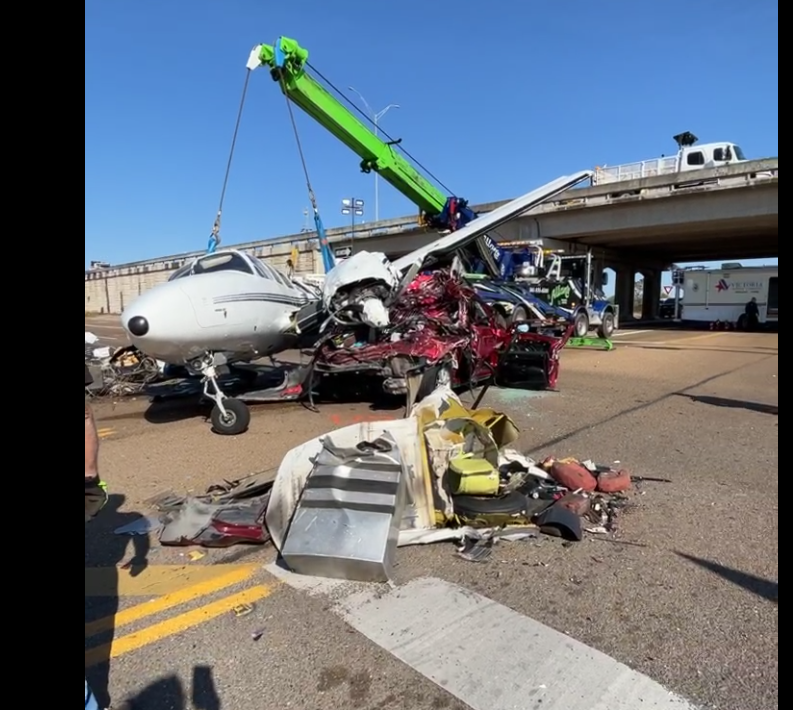Guest Blog: Filling The Right Seat
Yes, there’s a shortage of pilots, but also of instructors to teach new ones. Here’s a plan to put retired airline captains in the teaching role.
It's arguably the best time in history to begin a flying career. Never before could a pilot expect to become a jet first officer so rapidly. Sure, it's a challenge to log the time needed to earn the ATP that's now required. But demand is so great that as soon as a pilot meets that minimum, he or she will be snatched up by a regional carrier and given that all-important seniority date.
In the May 16, 2018, AVweb Flash, Mary Grady described a consequence of this rapid advancement: Flight schools are having a hard time finding and retaining instructors. The nationwide flight instructor shortage has become endemic. I'm personally bombarded by unsolicited requests to come teach at any number of colleges and private flight schools, cold-emailed from the FAA's list of certificated instructors.
The good news: Instructor pay and benefits are increasing. But frankly, most CFIs are only passing through at any price, taking the instructional pathway to the career they want. Even a few extra months teaching and they'll never catch up with their contemporaries on the airline seniority lists. Instructor pay helps, but it does not fix the problem.
The Transportation Department turns to the old standby: "Launch an initiative to assess the level of interest among veterans in becoming pilots." As a veteran myself I applaud the decades-long availability of benefits to pay for flight training. Even if interest among vets increases dramatically, however, it still doesn't solve another nagging problem: the lack of experienced flight instructors. Here's an idea: Why don't we call on industry to promote hiring of experienced, retiring airline captains into the flight instructor ranks?
In addition to increasing pay to make this attractive, such a plan needs a high-limits instructor liability policy to cover the captains. One of the biggest disincentives for these folks to teach what they've learned in a lifetime of flying is that they usually have significant personal assets they put at risk if they instruct. It can be done—insurance at one organization I'm familiar with has very high limits for its instructors, at a reasonable price. Maybe a nationwide insurance pool, with schools and individuals buying into the program, would offset the risk for airline retirees returning to instruction.
Fix pay and liability insurance, and we might be able to attract a lot of airline retirees to instructing. We can fill the right seats with CFIs who have a lifetime of experience to pass to the next generation.
Thomas P. Turner is Executive Director of the American Bonanza Society Air Safety Foundation (www.bonanza.org), and publisher of the free FLYING LESSONS Weekly e-pub at www.mastery-flight-training.com. A career flight instructor, in 2015 Tom was inducted into the National Flight Instructor Hall of Fame.






